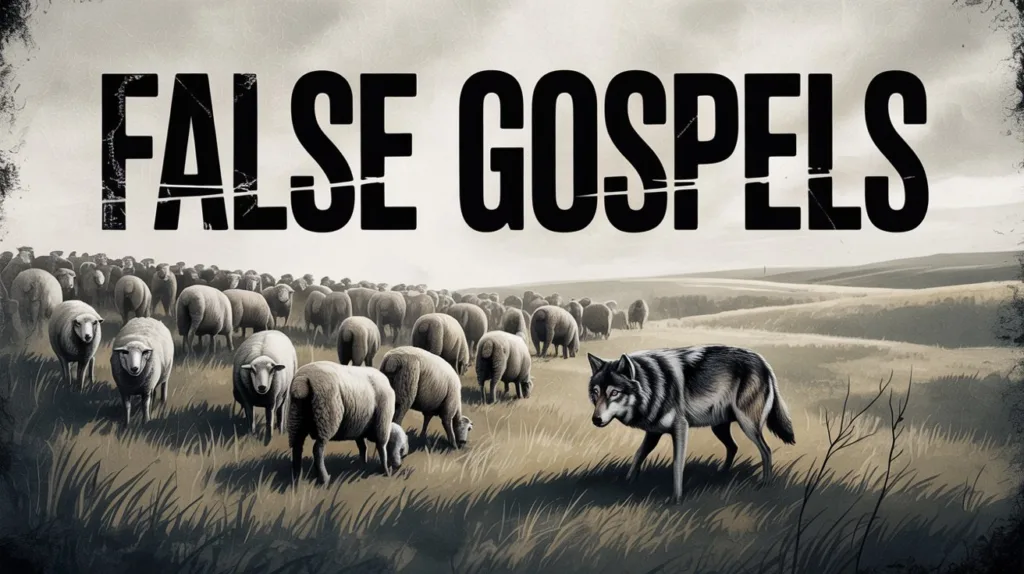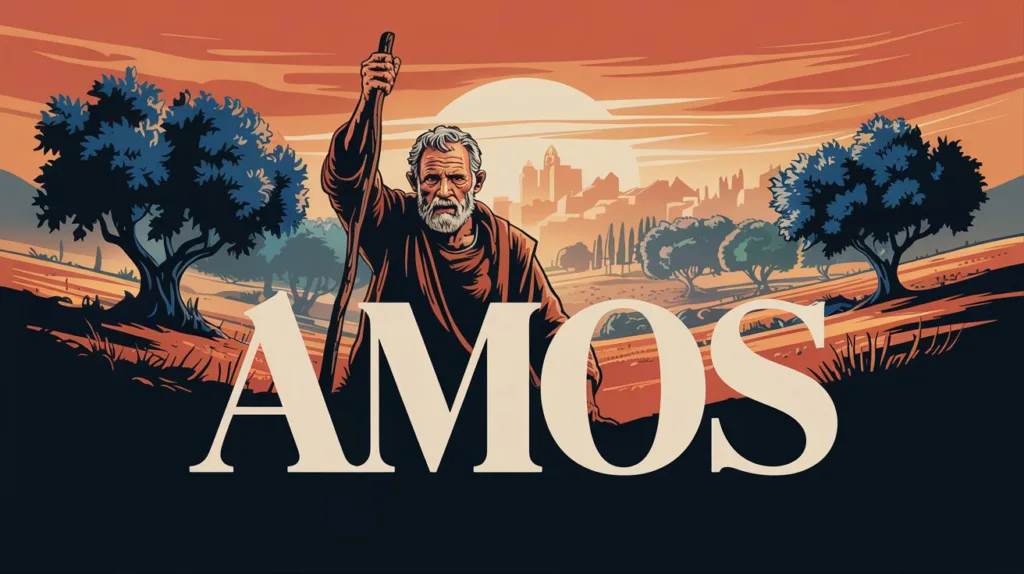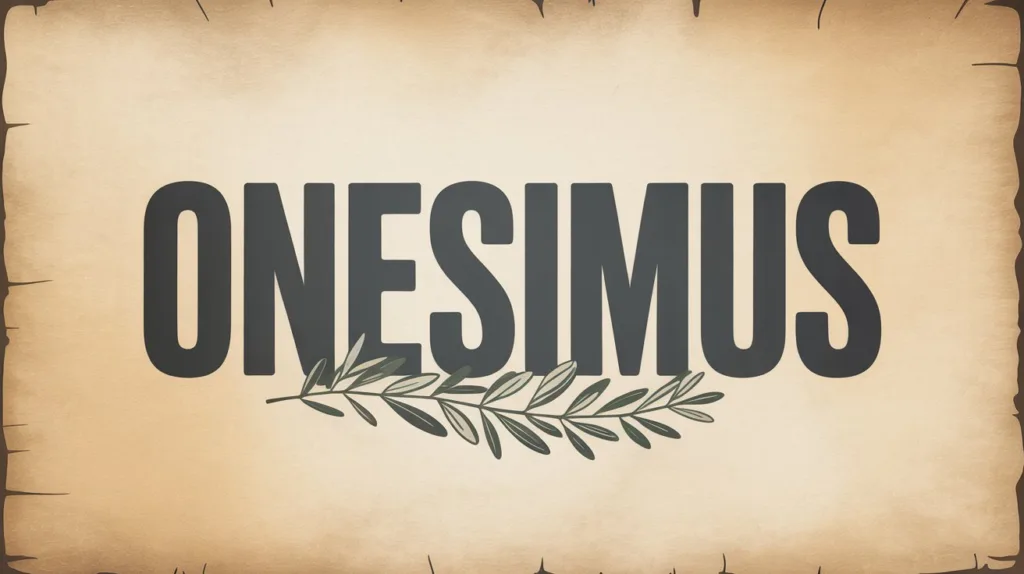King Josiah was killed in battle because he disregarded a divine warning delivered through Pharaoh Necho of Egypt. Though Josiah was a righteous king who brought about major reforms, his decision to engage in a battle that was not ordained by God led to his untimely death.
In 2 Chronicles 35, Pharaoh Necho was passing through Judah on his way to fight at Carchemish. Josiah went out to confront him, despite Necho’s claim that God had sent him:
“What have I to do with you, king of Judah? I have not come against you this day… but against the house with which I have war; for God commanded me to make haste. Refrain from meddling with God, who is with me, lest He destroy you.”
(2 Chronicles 35:21)
This message was not from a prophet of Judah, but Necho still claimed divine authority. Josiah ignored the warning:
“Nevertheless Josiah would not turn his face from him, but disguised himself… and came to fight in the Valley of Megiddo.”
(2 Chronicles 35:22)
Josiah was struck by archers in battle and later died from his wounds. Scripture makes clear:
“He did not heed the words of Necho from the mouth of God.”
(2 Chronicles 35:22)
Though Josiah was a faithful reformer who removed idols and restored true worship (2 Kings 23), this final act was one of presumption. He inserted himself into a conflict that was not his, against a king who was not attacking him, and ignored what was clearly labeled as a word from God.
Josiah’s death was mourned deeply by the nation:
“Jeremiah also lamented for Josiah.”
(2 Chronicles 35:25)
His story is a sobering reminder that obedience includes not just moral reform but discernment and humility. Even the godly must seek God’s direction in every battle.





 Get the book that teaches you how to evangelize and disarm doctrines from every single major cult group today.
Get the book that teaches you how to evangelize and disarm doctrines from every single major cult group today.